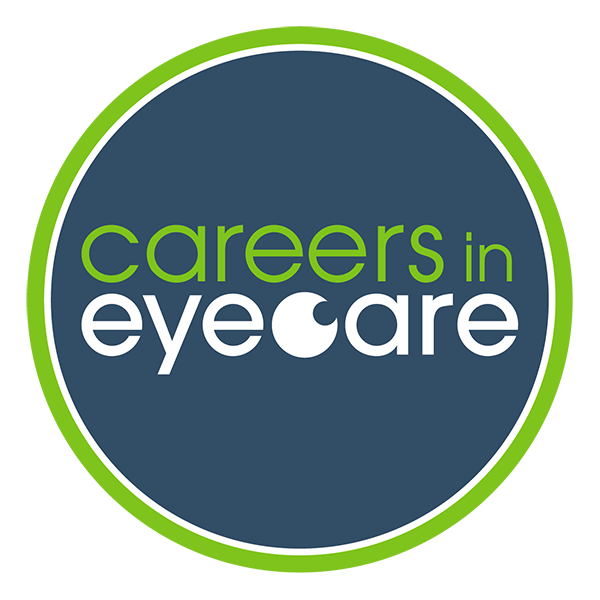You did all the work, you’ve taken a break… now results day is approaching. What are your options if things don’t go as well as you hoped after GCSEs, A Levels, BTECs, Nationals, Highers or T Levels?
Key dates
- 5 August – SQA Highers and Nationals
- 14 August – A Levels
- 14 August – T Levels
- 14 August – BTEC Nationals
- 19 August – IGSCE (International GCSE)
- 21 August – BTEC First/Tech
- 12 August – GCSE
If your results are what you hoped for, congratulations – you are on your way. If you are 16, read our article on getting ready for college or sixth form.
If things haven’t gone your way, don’t panic. There are still lots of options available.
Aged 16+
Contact your chosen school or college and discuss your results. They may be flexible. If not, there are others – call around. Think about different courses. Perhaps apprenticeships or going straight into work? Eyecare can offer a great option for younger workers. Start as an optical assistant and you can really go places. With further training you can develop your career in all sorts of directions, such as becoming a dispensing optician – a qualified health professional. Take a look at our career guides for more inspiration.
Aged 18+
Universities and colleges still want you – more than 50,000 students find their places through Clearing every year. Many more choose apprenticeships, internships, gap years, or go straight into work.
How Clearing works
Universities fill spaces that are still available after results day via Clearing, matching students with places. This year the system runs from 5 July – 20 October. You can apply for a course using Clearing if you’re not already holding an offer from a university or college, and the course still has places. It’s operated by UCAS.
It could be right for you if you:
- Didn’t receive any offers
- Didn’t get the grades or meet the conditions for your chosen unis
- Rejected the offers you received and are looking for another uni or course
UCAS offers a helpful matchmaking service. It uses the information they have to match you to courses you might be interested in, bearing in mind what unis are looking for.
Want to work in health care?
Optometry can be a great option. You’ll train to be a qualified health professional, examining the eyes to detect vision problems, injuries, diseases or abnormalities as well as general health problems. You’ll even learn to treat some eye conditions. Optometrists usually work in high street practices or in hospitals. Find optometry courses via UCAS.
Dispensing opticians are qualified to offer the best advice on frames and lenses to suit your lifestyle and prescription. They fit and supply the most appropriate spectacles for you. Some take extra qualifications to become contact lens opticians.
Ophthalmic dispensing, as the field is called, is a really flexible choice. You can study full time or earn while you learn, with part time courses on day or block release.
There are various two year foundation degree (FD) and three year BSc courses available at Anglia Ruskin University, Bradford College, ABDO College, City & Islington College and the University of Central Lancashire.
Many people study through blended learning – involving block release, distance learning assignments, in-practice supervision and examinations.
At the end of the course you can achieve the ABDO Level 6 Diploma in Ophthalmic Dispensing (FBDO) qualification required to become a dispensing optician registered with the General Optical Council.
Find out more about becoming a dispensing optician.
Make the most of Clearing
- Check the UCAS listings for available places.
- Contact universities directly to find out if they will accept you.
- Add your Clearing choice in your application.
Apprenticeships
There are several different kinds of apprenticeships available in eyecare, allowing you to combine work with studying towards a recognised qualification. Find out more about apprenticeships.
Find a job
There are lots of different careers available in eye health. You could go straight into employment in roles such as optical assistant or optical lab technician. You can then go on to develop your career in areas such as management or study for qualifications to become a dispensing optician or optometrist.
- Find more roles, with a variety of entry routes, with our career guides.

